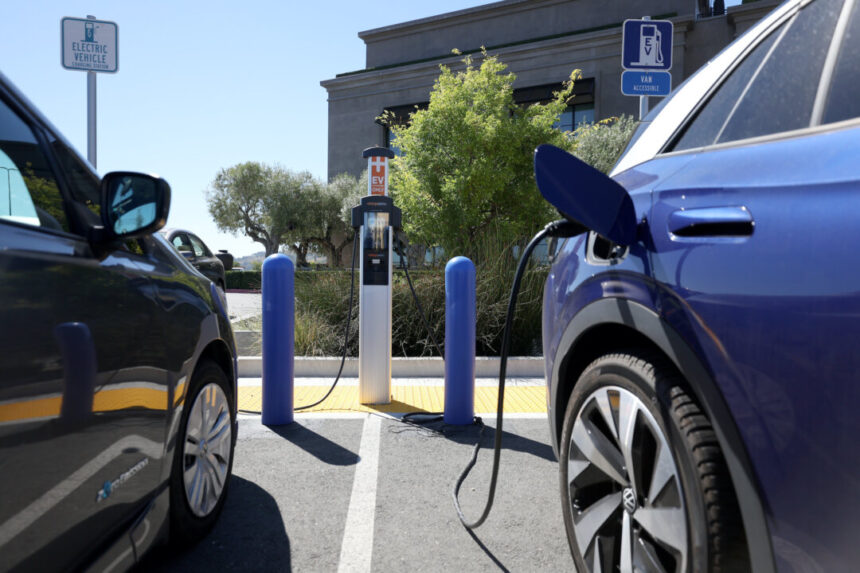Commentary
As the exaggerated fear tactics surrounding climate change are being abandoned by former supporters, Canada’s push towards electric vehicles is being scrutinized. While Canada has avoided the massive investment in charging stations seen in the United States, questions remain about the practicality of transitioning the entire country to electric vehicles without proper consideration for factors like nickel supply, battery safety, charging station infrastructure, vehicle manufacturing, and the impact on auto workers.
Electric cars have their advantages, from their quiet operation to the elimination of gasoline. Former Canadian Elon Musk’s contribution to the advancement of electric vehicles is commendable, as he envisions a future with unmanned taxis and innovative transportation solutions. However, the rush into electric vehicles without thorough safety and supply analysis raises concerns.
Many countries, including Canada, have hastily embraced electric vehicles in response to climate change concerns, without addressing key production and supply chain challenges. The auto industry is undergoing significant changes, leading to job losses and union restructuring.
The alarmist predictions of climate catastrophe have failed to materialize, prompting a reevaluation of the urgency behind drastic carbon emission reductions. While environmental protection remains a priority, the scientific consensus on the extent of human impact on climate change is unclear.
It is essential to approach climate action with caution and rely on sound research rather than exaggerated claims. The notion of a unanimous scientific consensus on zero carbon emissions has been debunked, highlighting the need for informed decision-making based on credible evidence.
The politicization of climate change post-Cold War era has muddied the waters of environmental discourse, blurring the lines between genuine conservation efforts and ideological agendas.
They took control of the movement and turned it into a weapon to attack capitalism from a different angle, all under the guise of protecting life, the planet’s security, and its future.
When this rhetoric was seen as the informed consensus of the scientific community and didn’t cost much, it was easy to rally support for these objectives. However, now that Western populations are facing exorbitant fuel costs, the trendy environmentalism has been cast aside, and politicians are reevaluating their stance in order to maintain their political positions.
It is evident that the most sensible course of action for our government, whether current or future, is to abandon the remaining mandates for transitioning to electric vehicles. This period will likely be remembered as akin to historical financial bubbles like the Tulip Mania of the 17th century or the South Sea Bubble of the 18th century. Despite lacking scientific justification, this movement has been championed by a powerful political force that has shown a remarkable ability to adapt.
Sales of electric cars are projected to continue to decline, and it is unlikely that the Chinese will dominate the automobile market anytime soon.
Please note that the opinions expressed in this article are those of the author and do not necessarily represent the views of The Epoch Times.
Source link






